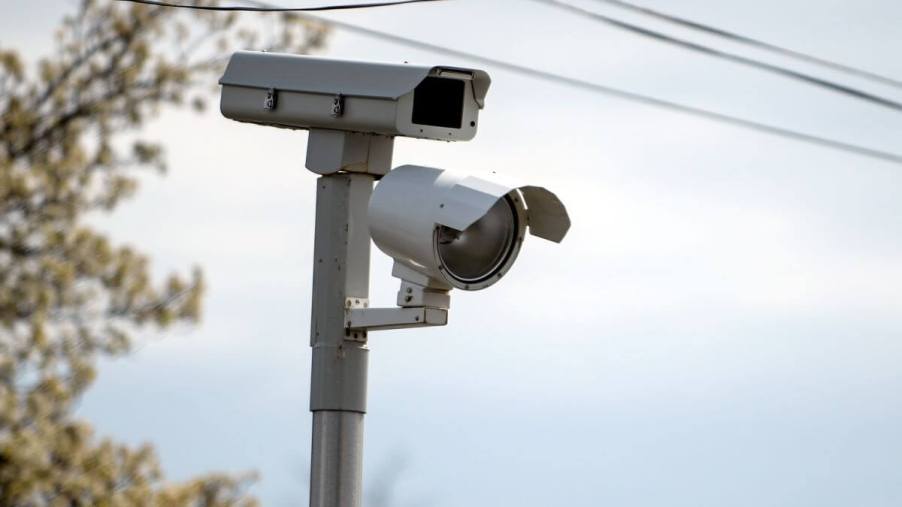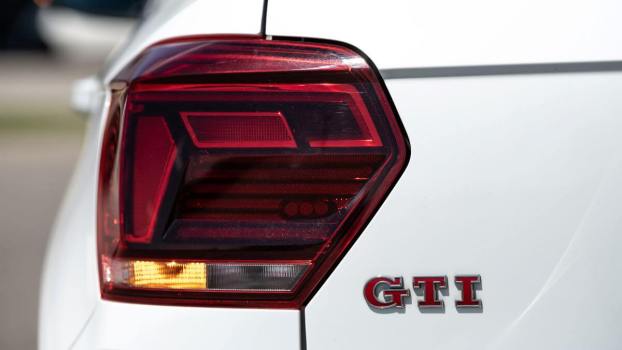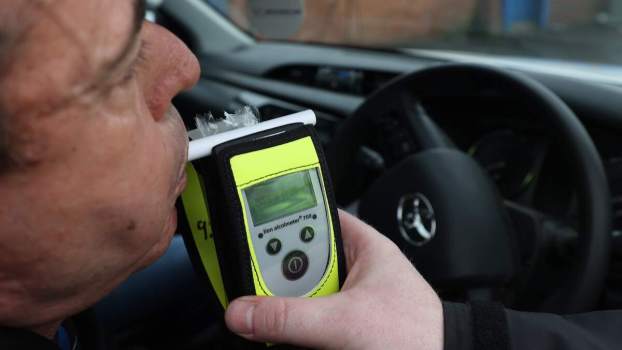
How Do You Know If a Red Light Camera Took Your Picture?
Few pleasures are greater than tearing down the highway in a fast car. That is, until you realize you ran a red light and broke a cardinal rule of car safety. The lack of blue lights behind you might be comforting — until you notice the red light camera.
Then, the real pressure hits as you wait for a ticket to come in the mail. But did the camera take your picture?
How red light cameras work
Red light cameras don’t randomly take pictures. Instead, they activate only when a vehicle runs a red light. The key to the camera knowing it’s time to snap a shot is when a car rolls over sensors installed in the road.
This happens when you run a red light. The sensors embedded in the road trigger the camera to take a picture. This isn’t one you’ll want to post on social media, though.
Whether the camera takes a picture of your face or your license plate is another story. This depends on the state and its laws. Some states require a photo of the driver. Others allow only a snap of the license plate. Though this might seem like it doesn’t matter, in some cases, it definitely does.
The good news is that maintaining these cameras is expensive, so not all jurisdictions have them. They’re mainly used in big cities that can afford them and have problems with drivers running red lights.
How can you tell if a red light camera took your picture?
Sometimes, a red light camera will take your photo, but you still won’t get a ticket. “For instance, your car could just pass the sensor when the light is red, but not actually enter the intersection,” Reader’s Digest explains. “So the officer would not actually deem it a ‘violation.'”
However, the most obvious way you’ll know you got caught is when a ticket arrives in your mailbox from the Department of Motor Vehicles. Citations are issued to the person who holds the vehicle registration. That’s where things can become tricky, especially if someone else using your car ran the red light. If this is the case, that doesn’t mean you’re off the hook. You’ll be expected to pay for the ticket or provide the DMV with the driver’s name and location.
If the driver is your child, it’s up to you to figure out how to address it. However, let’s say you let a friend borrow your car, and they ran the red light. Proving you weren’t the guilty party might be futile. It could also make for an awkward conversation with your friend. Regardless, how you handle that situation is up to you.
Still, if you were, in fact, the one who ran the red light in your own car, you have a few options.
What you should do if you get a ticket
If you get a ticket, the obvious thing to do is pay the fine. This will save you money trying to fight it in court. Getting a lawyer is definitely an option, too. Some states are more flexible than others and will dismiss the ticket, negotiate, or even allow you to pay a lower fine if you take a defensive driving course. As long as you don’t have a long string of prior tickets, they might work with you.
If you choose to ignore the ticket, it will most likely go to collections. For those who have never dealt with a debt collection agency, it’s not a fun experience. In fact, it can be exhausting. First, debt collectors won’t hesitate to bombard you with letters. If those don’t get your attention, they’ll begin calling you at home. Next comes calling your place of employment.
If you block their calls, they’ll switch to a different number if you have one. Then, if you continue to ignore them, they might show up in person or even call your loved ones demanding your current contact information or even request that they pay for your debt themselves.
To avoid that nightmare, just pay the ticket.





